NCI five-year grant extends nanoparticle research targeting pancreatic cancer
On Oct. 1, 2015, the National Cancer Institute (NCI) awarded a $2.8 million grant five-year grant to researchers…
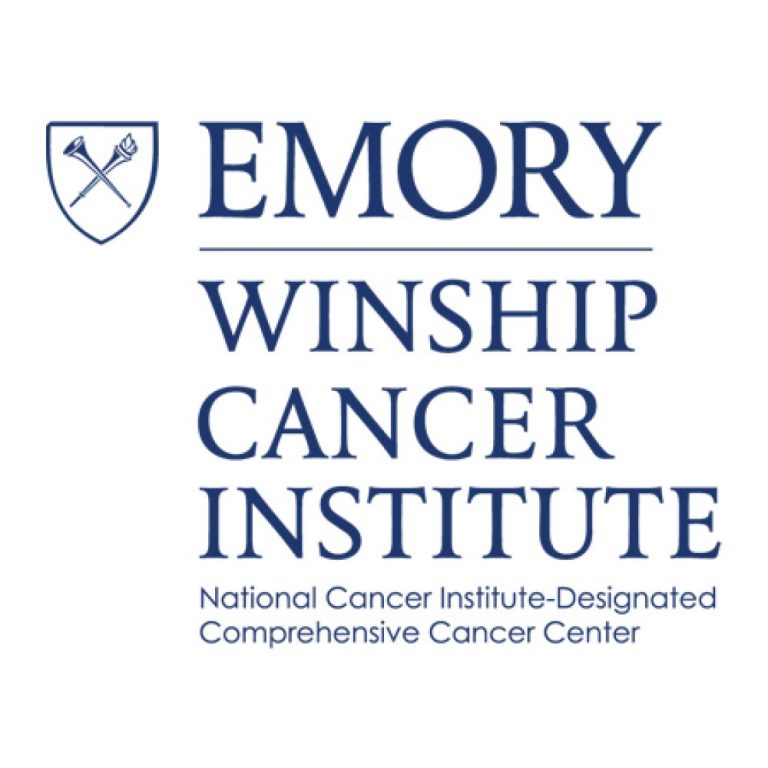
On Oct. 1, 2015, the National Cancer Institute (NCI) awarded a $2.8 million grant five-year grant to researchers…

On Sept. 4, 2015, the U.S. Centers for Disease Control and Prevention’s (CDC) Advisory Committee on Immunization Practices…

On Jul. 30, 2015, Baylor Cancer Center received comprehensive designation from the National Cancer Institute (NCI). The Center…
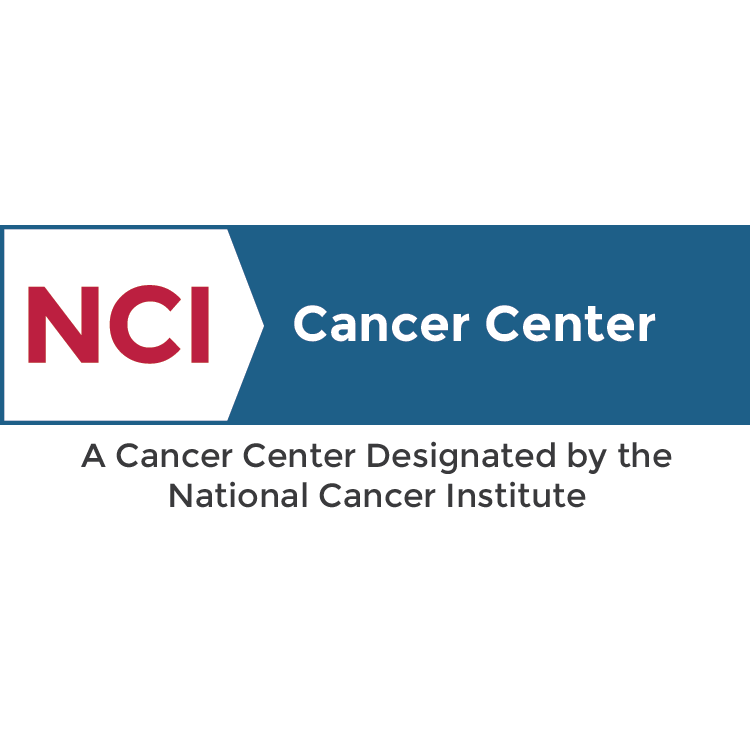
On Jul. 10, 2015, the National Cancer Institute (NCI) announced it had awarded the UT Southwestern Medical Center’s…
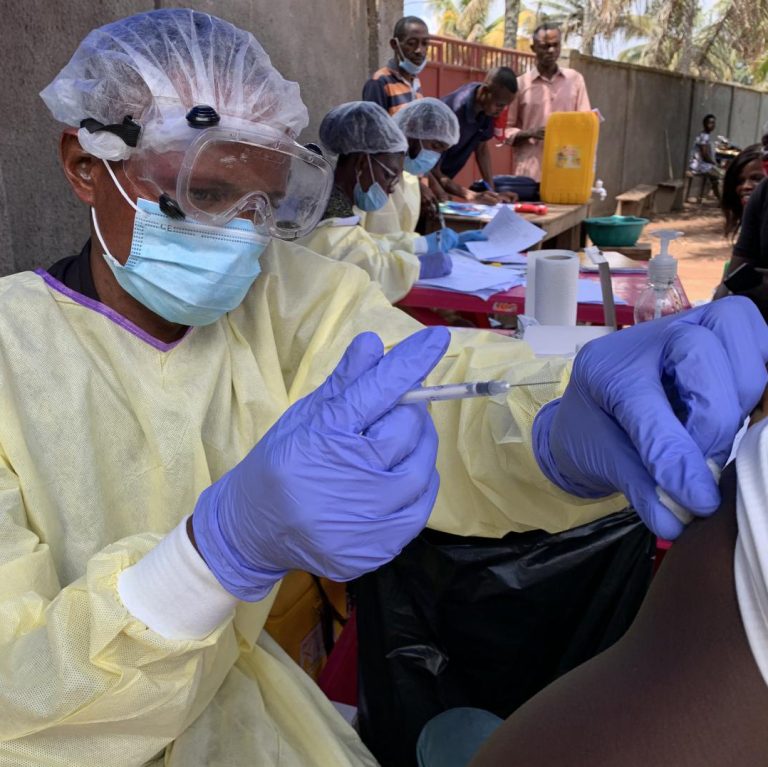
On Jul. 1, 2015, the UNMC/Nebraska Medicine, in collaboration with Emory University in Atlanta and Bellevue Hospital Center…
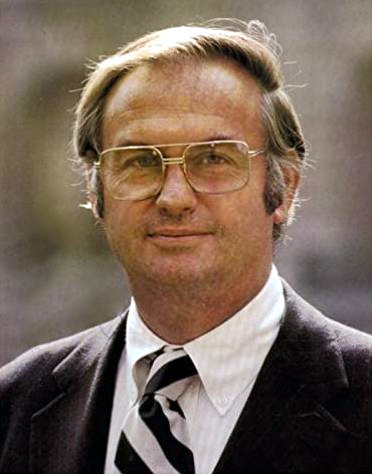
On May 4, 2015, the National Institutes of Health (NIH) dedicated Building 4 in honor of Lowell P….

On May 1, 2015, Wei Yang, Ph.D, National Institute of Diabetes and Digestive and Kidney Diseases, received the…
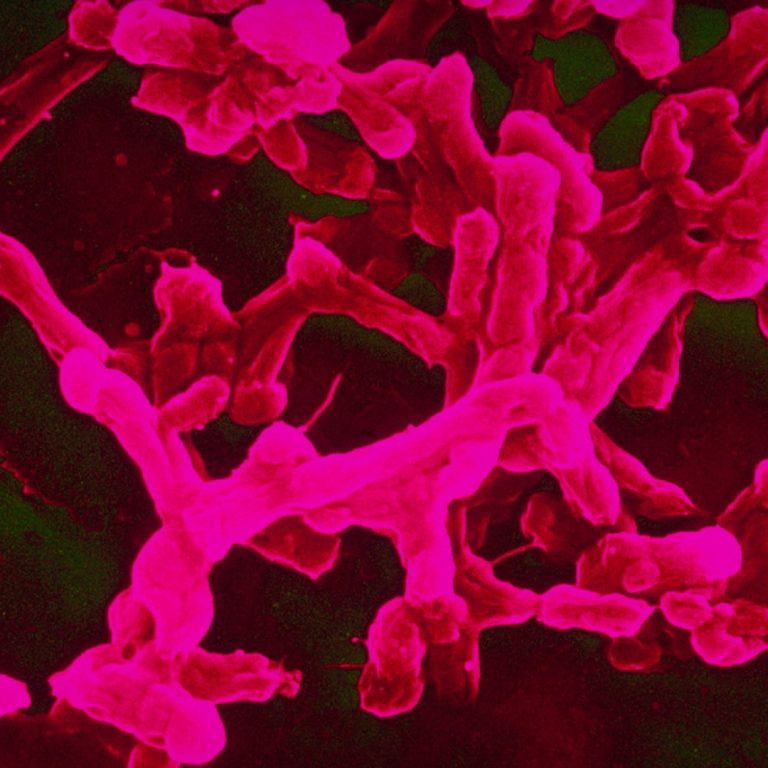
On Mar. 27, 2015, the U.S. Centers for Disease Control and Prevention (CDC) published new Immunization Practices Advisory…

On Feb. 27, 2015, the U.S. Centers for Disease Control and Prevention (CDC) responded to the West Africa…
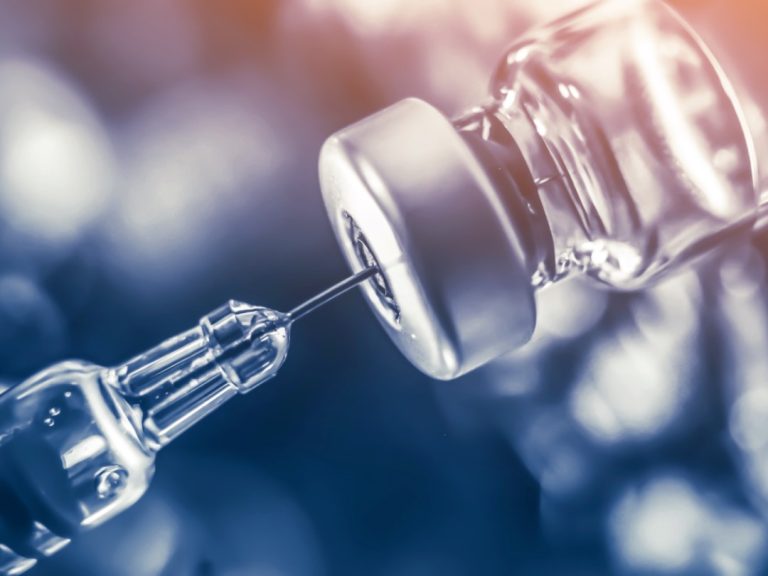
On Oct. 20, 2014, Oregon Health & Science University’s Vaccine & Gene Therapy Institute (OHSU) announced it was…

On Sept. 30, 2014, the Centers for Disease Control and Prevention confirmed that Eric Duncan, a Liberian national…
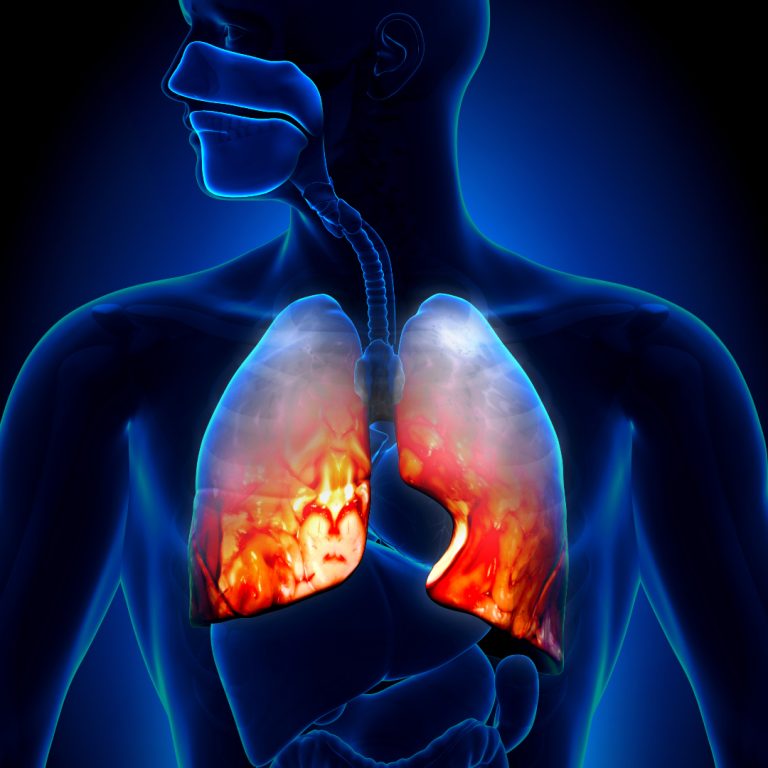
On Sept. 19, 2014, the Centers for Disease Control and Prevention”s (CDC) Advisory Committee on Immunization Practices (ACIP)…
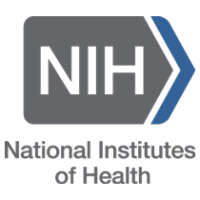
On Sept. 11, 2014, the National Institutes of Health established the Library of Integrated Network-based Cellular Signatures. Building…

On Aug. 5, 2014, the genome sequence of the common cat was published in GigaScience. The DNA of…
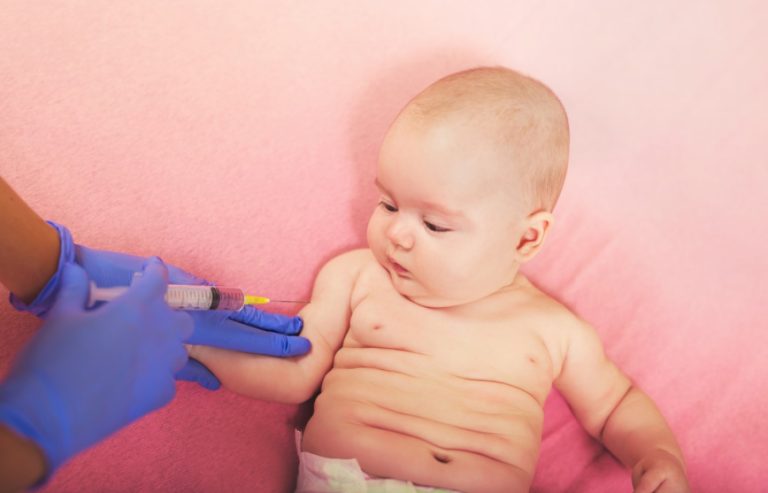
On Jun. 20, 2014, the U.S. Centers for Disease Control and Prevention (CDC) published Immunization Practices Advisory Committee…
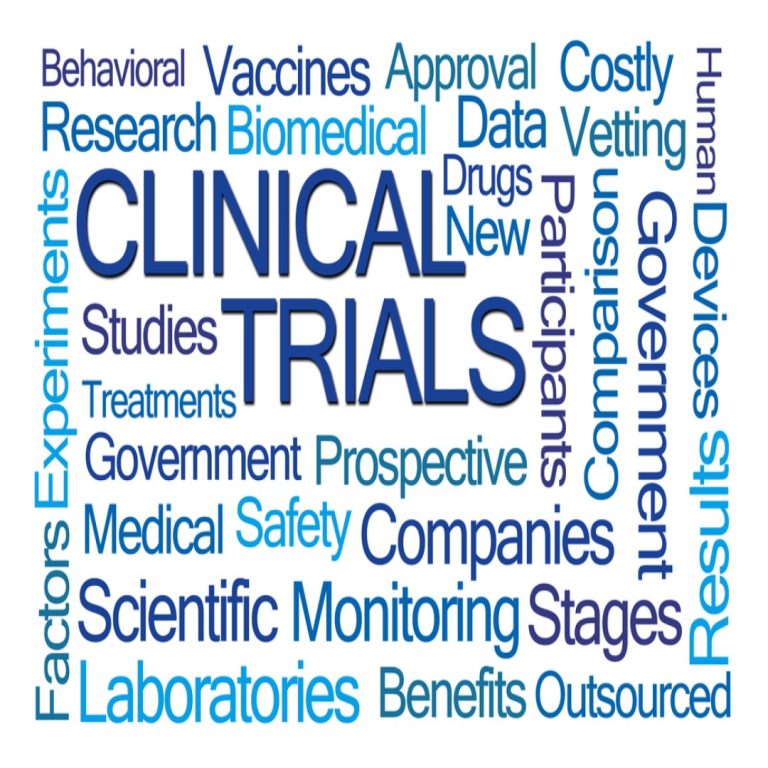
On Jan. 23, 2014, the National Institutes of Health (NIH) awarded the Benaroya Research Institute at Virginia Mason…
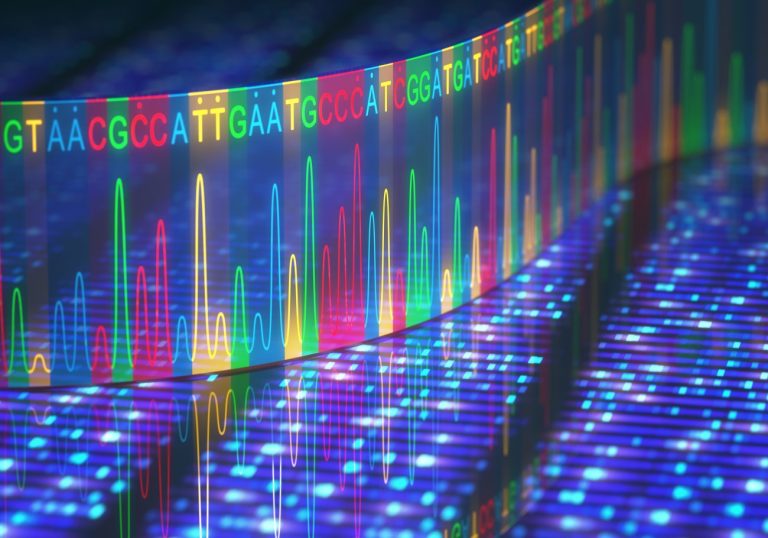
On Jun. 13, 2013, the U.S. Supreme Court Justices ruled 9-0 that naturally occurring DNA cannot be patented,…

On May 22, 2013, a research team at the National Institutes of Health (NIH) announced they had sequenced…
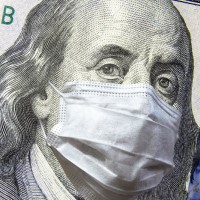
On Mar. 1, 2013, as required by statute, President Obama signed an order that initiated the budget sequestration….
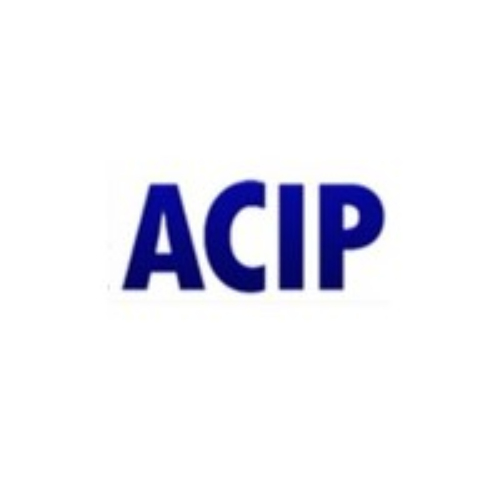
On Oct. 24, 2012, the Immunization Practices Advisory Committee (ACIP) voted 14-0 with one abstention to recommend that…
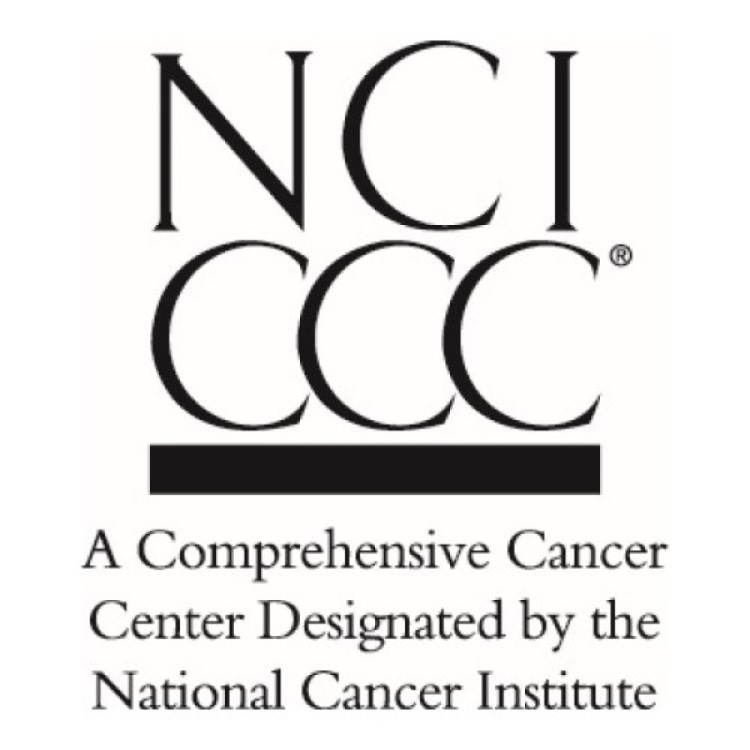
On Jul. 12, 2012 the University of Kansas Cancer Center earned National Cancer Institute designation. Through efforts initially…

On Jul. 9, 2012, the National Institutes of Health (NIH) announced it had awarded a $65 million five…
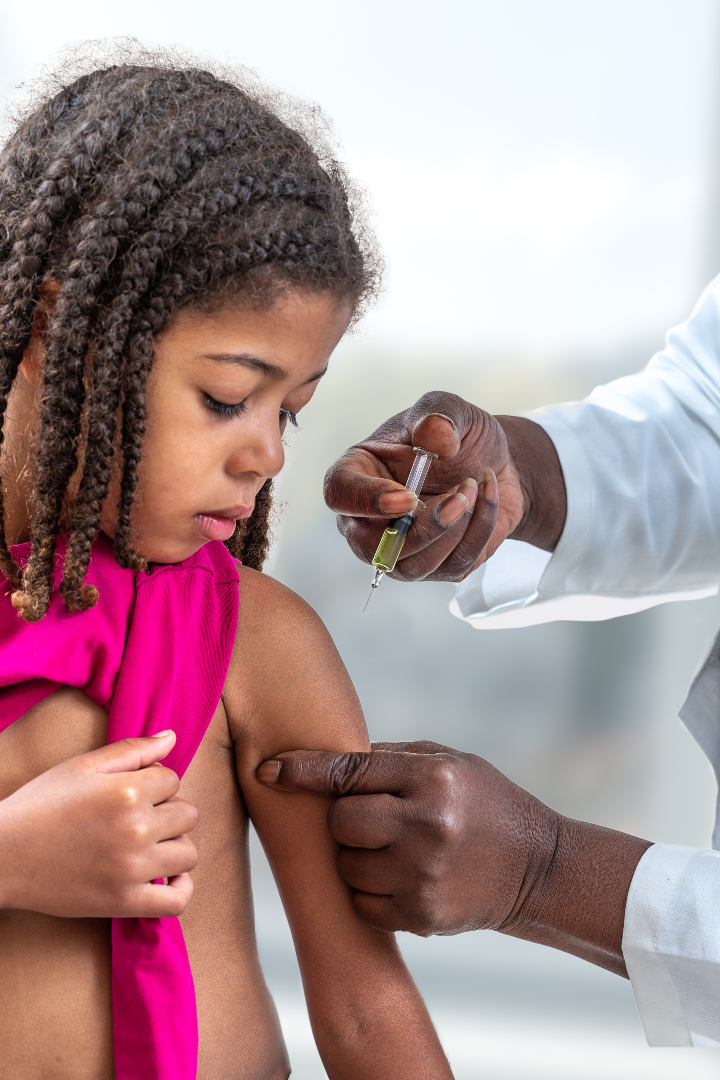
On Jun. 5, 2012, the U.S. Department of Health and Human Services (HHS) Office of the Inspector General…
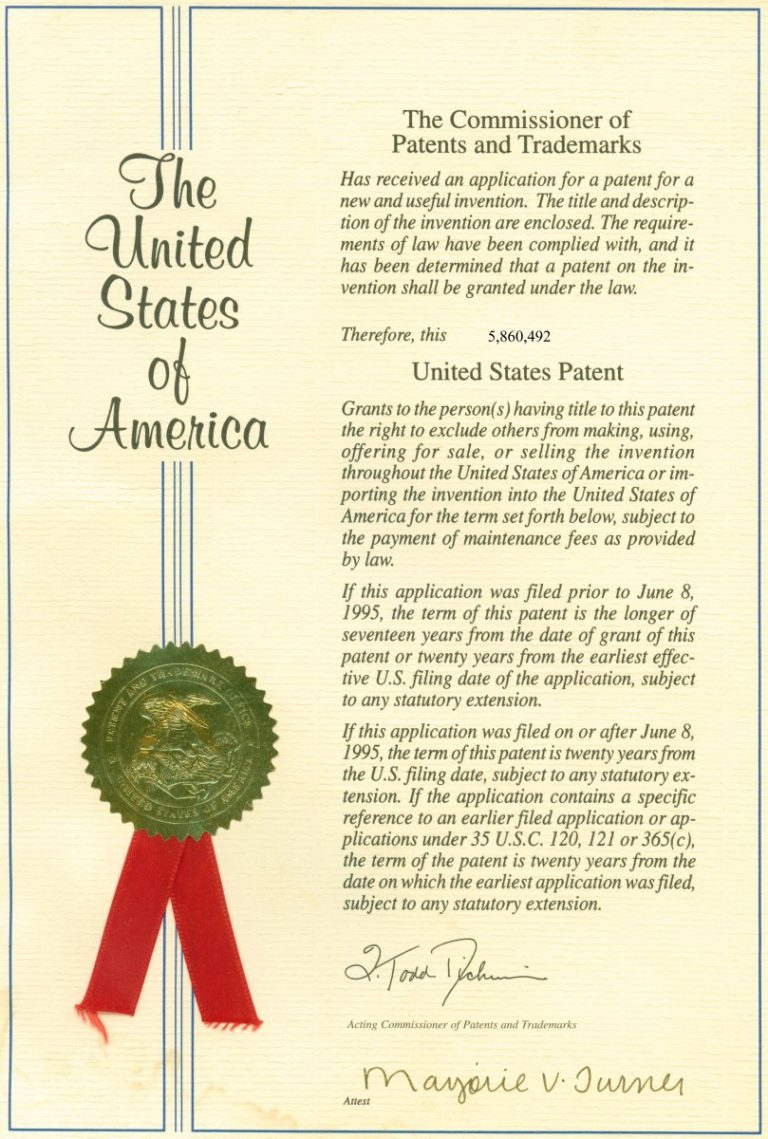
On May 25, 2012, Drs. Jennifer Doudna, Emanulle Charpentier, Martin Jinek of UC Berkeley and Krzystof Chylinski of…

On Mar. 8, 2012, an international team led by researchers at the Wellcome Trust Sanger Institute announced they…
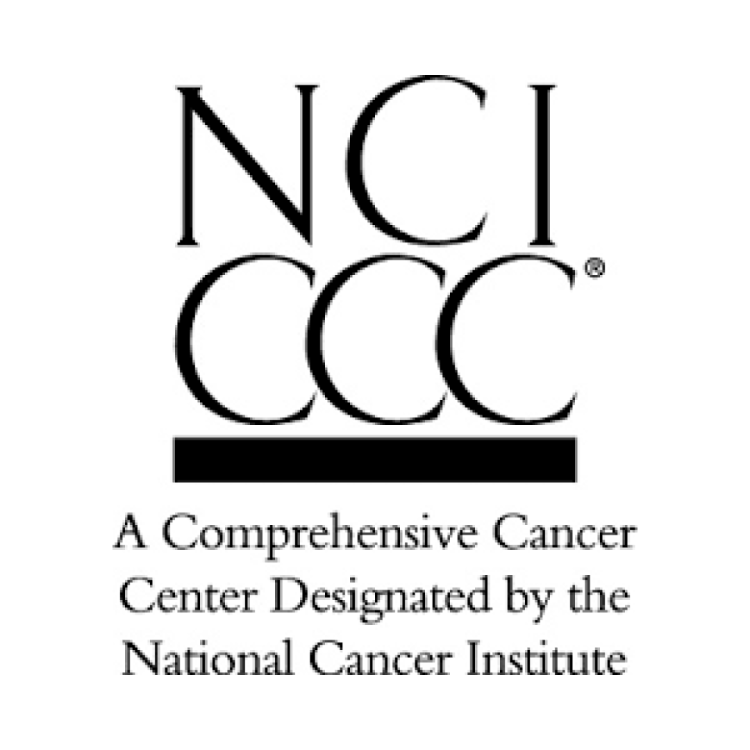
In 2012, The UC Davis Comprehensive Cancer Center received NCI comprehensive cancer designation. The center is a matrix…
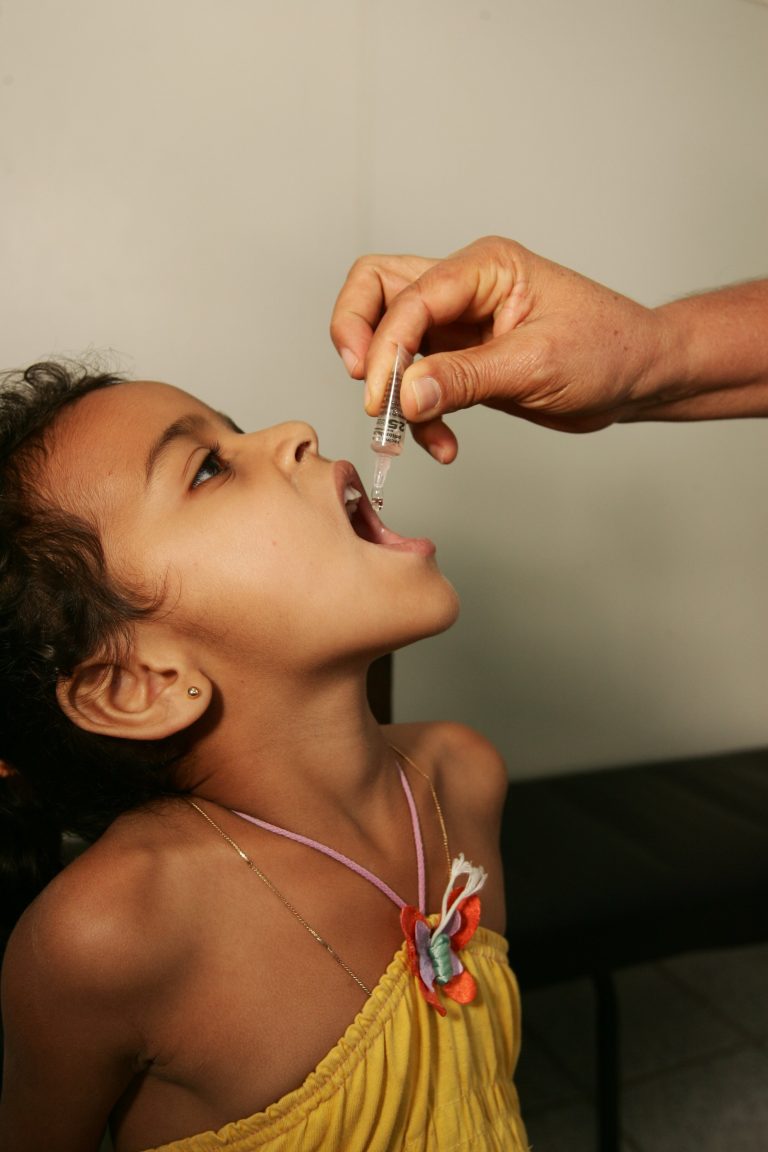
On Dec. 2, 2011, the U.S. Centers for Disease Control and Prevention (CDC) Director Thomas R. Frieden, MD,…
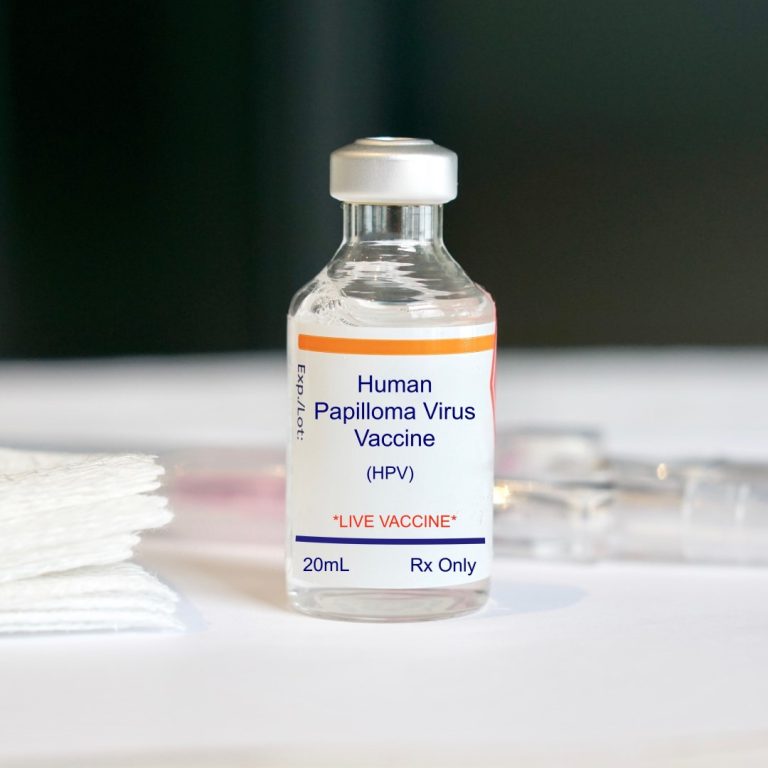
On Oct. 25, 2011, the Centers for Disease Control and Prevention’s (CDC) Advisory Committee on Immunization Practices (ACIP)…

On Sept. 30, 2011, the U.S. Centers for Disease Control and Prevention (CDC) responded to a multi-state outbreak…

On Aug. 12, 2011, the National Institute on Drug Abuse (NIDA), part of NIH, announced that Dr. David…